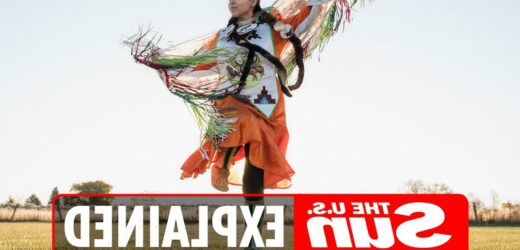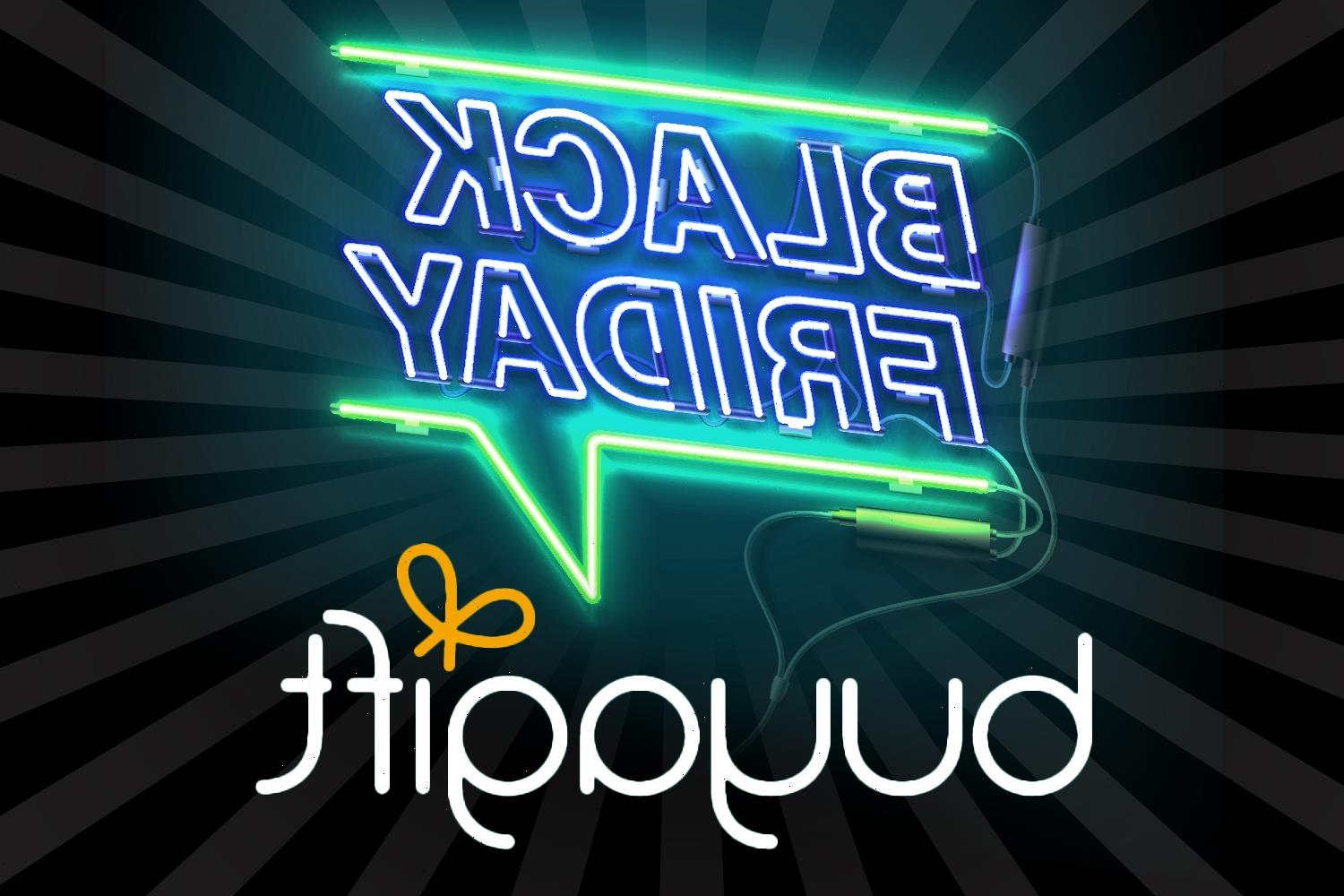NATIVE American heritage month is throughout November.
Here's what you need to know and how to celebrate.
What is Native American Heritage Month?
What started at the turn of the century as an effort to gain a day of recognition for the significant contributions the first Americans made to the establishment and growth of the US, has resulted in a whole month being designated for that purpose.
One of the very proponents of an American Indian Day was Dr. Arthur C. Parker, a Seneca Indian, who was the director of the Museum of Arts and Science in Rochester, N.Y.
He persuaded the Boy Scouts of America to set aside a day for the “First Americans” and for three years they adopted such a day. In 1915, the annual Congress of the American Indian Association meeting in Lawrence, Kans., formally approved a plan concerning American Indian Day.
It directed its president, Rev. Sherman Coolidge, an Arapahoe, to call upon the country to observe such a day. Coolidge issued a proclamation on September 28, 1915, which declared the second Saturday of each May as an American Indian Day and contained the first formal appeal for recognition of Indians as citizens.
The year before this proclamation was issued, Red Fox James, a Blackfoot Indian, rode horseback from state to state seeking approval for a day to honor Indians.
On December 14, 1915, he presented the endorsements of 24 state governments at the White House. There is no record, however, of such a national day being proclaimed.
The first American Indian Day in a state was declared on the second Saturday in May 1916 by the governor of New York. Several states celebrate the fourth Friday in September.
In Illinois, for example, legislators enacted such a day in 1919. Presently, several states have designated Columbus Day as Native American Day, but it continues to be a day we observe without any recognition as a national legal holiday.
In 1990 President George H. W. Bush approved a joint resolution designating November 1990 “National American Indian Heritage Month.” Similar proclamations, under variants on the name (including “Native American Heritage Month” and “National American Indian and Alaska Native Heritage Month”) have been issued each year since 1994.
Is it offensive to refer to Native American as Indian American?
According to the National Museum of Native American history, all of these terms are acceptable.
The consensus, however, is that whenever possible, Native people prefer to be called by their specific tribal name.
In the United States, Native American has been widely used but is falling out of favor with some groups, and the terms American Indian or Indigenous American are preferred by many Native people.
Native peoples often have individual preferences on how they would like to be addressed. When talking about Native groups or people, use the terminology the members of the community use to describe themselves collectively.
How can I celebrate Native American heritage?
You can visit a reservation or a museum. The US holds in trust 56.2 million acres of land for various Indian tribes and individuals, according to the US Department of Indian Affairs.
There are approximately 326 reservations.These reservations are not tourist attractions. Many are the remnants of native tribes' lands, while others were created by the federal government for Native Americans who were forcibly removed from their lands. They are homes for tribes and communities; it's where many live, work and raise their families.
However, some reservations welcome visitors and have even erected museums to educate the wider public about their history and culture.
For example, the Museum of the Cherokee Indian in Cherokee, North Carolina, features an engaging exhibit fit for all ages. The Cherokee community also hosts cultural events and sells items nearby.
You can also attend or host an educational event.
The Library of Congress and National Archives are two of many national institutions hosting events about Native American history and culture this month.
You don't have to be a Native American to appreciate and share their history and culture with your community.
Source: Read Full Article



